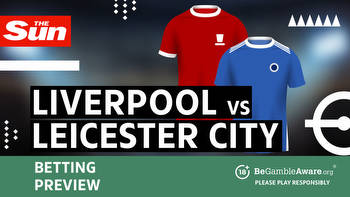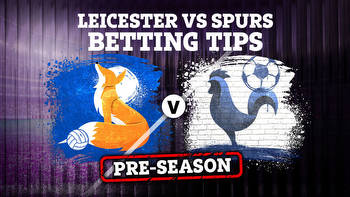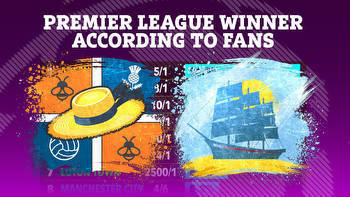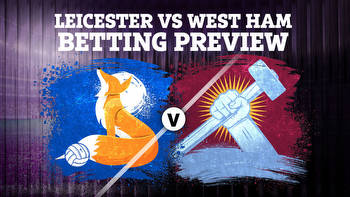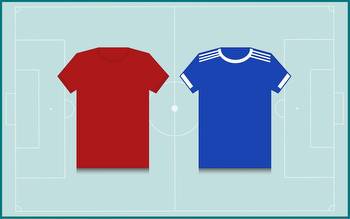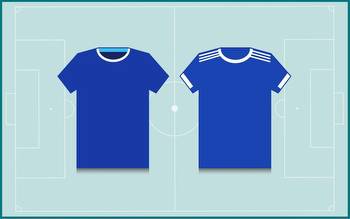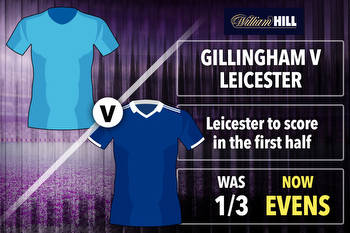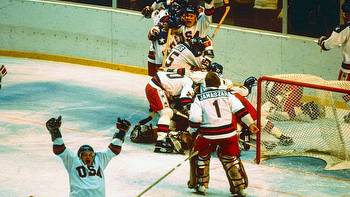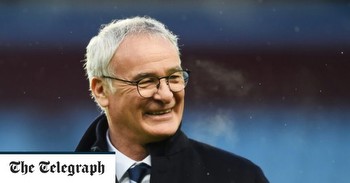The Odds of Leicester City, the Unlikeliest of Winners

Much to everyone’s disbelief, the Leicester City soccer club was crowned the champion of the English Premier League Monday.
The team’s chances last summer were small, to say the least. Back then, William Hill, a British betting group, put the odds of the Foxes of Leicester City, a fledgling team based two hours north of London, of winning at 5,000-to-1. Essentially, the team had a .0002 percent chance of being the best team in the league of 20. Except for the 25 people who bet a combined total of just $243 on the team through William Hill, no one expected this from Leicester City.
Here’s some perspective: William Hill once put the odds of Elvis being found alive and well at 2,000-to-1 and an acknowledgment by the U.S. government that the first moon landing was faked at 500-to-1.
And some more perspective, from ESPN:
Not only did the Foxes have a 13-game winless run last season, they were only six points from being relegated to a lower level of competition. Leicester City wasn’t even in the Premier League two years ago. The club earned promotion to England’s top soccer league starting in the 2014-15 season for the first time in 10 years.
In the world of overused sports tropes, declaring a victory “one of the biggest upsets in history” is a frequent sin. But in this case, this is the biggest upset in modern sports history.
When Holly Holm beat reigning Ultimate Fighting Championship titleholder Ronda Rousey last November, she shocked the sporting world. But Rousey was only an 8-to-1 favorite to win that match. A bigger shocker in the fighting world happened in 1990 when Buster Douglas beat 42-to-1 favorite Mike Tyson for the heavyweight boxing championship.
In 2004, the Greek national soccer team came from nowhere and won their first European Championship. But they were at 150-to-1 odds. “The Miracle Mets” had an even better shot at a championship, with 100-to-1 odds of winning the World Series in 1969.
Even the Miracle on Ice wasn’t this big. The U.S. Olympic hockey team had 1,000-to-1 odds of beating the Soviet Union in the 1980 Winter Olympics. The Soviets were clear favorites, having won eight of the last nine gold medals in hockey. The U.S. team of college students lost 10-3 in a game against the Soviets just days before the Olympics started.
The closest upset to Leicester City’s championship? When American Rulon Gardner won the gold medal in the 2000 Olympics in Greco-Roman wrestling. At 2,000-to-1 odds, he beat Russian Alexander Karelin, a three-time Olympic champion who hadn’t lost an international match in 13 years.
One fan The New York Times interviewed described the upset as “like a Canadian Football League team winning the NFL.” Sports Illustratedwrote that “perhaps the best comparison is the Milan (Ind.) High basketball team immortalized in Hoosiers.”
Michael Shapiro, a professor at Columbia University Graduate School of Journalism, told me it would be like today’s Brooklyn Cyclones, a single-A minor league baseball team, beating the champion 1955 Brooklyn Dodgers.
To put it another way, when everyone expects you to lose—and lose big—you usually do.The odds of former NBA player and professional loudmouth Charles Barkley winning last year’s American Century Celebrity Golf Championship was 5,000-to-1. He finished second-to-last in 90th place, two positions behind Larry the Cable Guy, who had 2,500-to-1 odds.
Leicester’s win means William Hill will pay out on a 5,000-to-1 shot for the first time—about $4.4 million. The betting firm said last week it would be more careful before offering such odds again.
“In hindsight, we were idiots offering odds of 5,000-1,” the company said.


